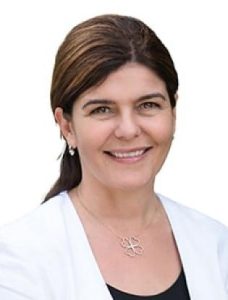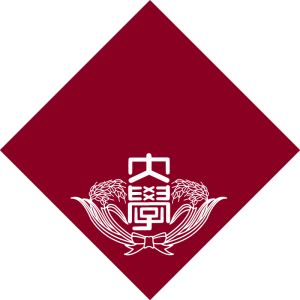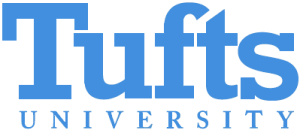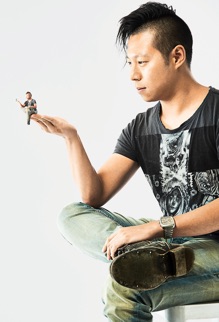The journal BMC Public Health plans to retract an article that found smoking rates fell faster than expected in the US as use of e-cigarettes increased, Retraction Watch has learned.
The authors contend that they addressed the issues cited in the retraction notice during the peer review process and say they addressed them even more extensively when the journal said they intended to retract.
The paper, “Population-level counterfactual trend modelling to examine the relationship between smoking prevalence and e-cigarette use among US adults,” was published last October. The authors are all employees of Pinney Associates, a consulting firm that they disclosed “provide[s] consulting services on tobacco harm reduction on an exclusive basis to Juul Labs Inc.” The article also disclosed that Juul Labs funded the research and reviewed and provided comments on a draft manuscript.
Some journals, including several in the BMJ family and the American Journal of Public Health, will not publish research funded by the tobacco industry, which has led to at least one retraction. But the planned BMC Public Health retraction notice does not refer to that conflict of interest.
Continue reading Exclusive: Public health journal says it will retract vaping paper for questions authors say were addressed in peer review








